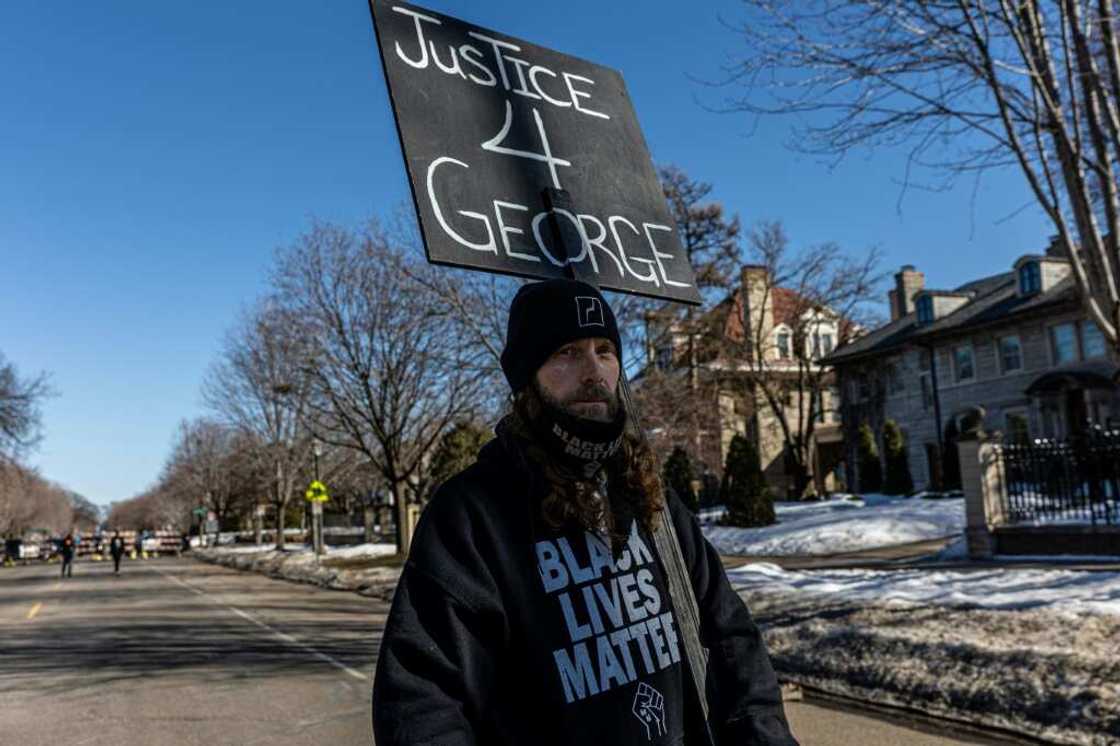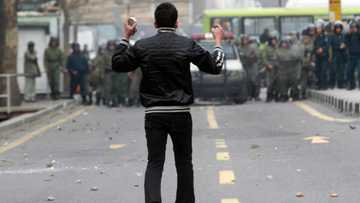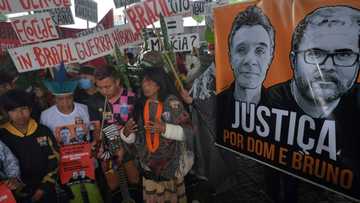More data needed to tackle systemic racism by police: UN experts

Source: AFP
PAY ATTENTION: Сheck out news that is picked exactly for YOU ➡️ find the “Recommended for you” block on the home page and enjoy!
A dearth of data in many countries on the race and ethnicity of people arrested or killed by police presents a major barrier to tackling systemic racism, UN investigators warned Monday.
Speaking before the United Nations Human Rights Council, a group of experts appointed after the 2020 murder of George Floyd by a white US police officer insisted it was vital to make systemic racism around the world "visible".
There is a "crucial need to collect, analyse, use and publish data, disaggregated by race or ethnic origin", Yvonne Mokgoro, a former South African judge who heads the UN's so-called Expert Mechanism to Advance Racial Justice and Equality in the context of Law Enforcement.
The team of three independent investigators were presenting their first report to the rights council since it appointed them last year, with a broad mandate to investigate racism by police worldwide.
Mokgoro said it was clear "racial profiling, excessive use of force, and other violations of international human rights law, during and after interactions with law enforcement officials and the criminal justice system, continue to be reported throughout the world".
But, she warned, this "largely does not show in official statistics".
PAY ATTENTION: Share your outstanding story with our editors! Please reach us through info@corp.legit.ng!
Must 'become visible'
Mokgoro acknowledged that more data alone would not resolve "longstanding racism".
But she said it was "an essential first step to highlight the magnitude of systemic racism against Africans and people of African descent and its manifestations in law enforcement and criminal justice".
"It is essential that systemic racism, including its structural and institutional dimensions, become visible."
In the United States for instance, where the killing of Floyd, a 46-year-old unarmed black man, in Minneapolis in May 2020, sparked mass protests, there is no centralised system to collect such statistics across more than 18,000 law enforcement agencies.
But some NGOs and media organisations scramble to gather the data to get an overview.
Collette Flanagan, who founded Mothers Against Police Brutality after her black son Clinton Allen was killed by police in Dallas, Texas in 2013, told the council his case was emblematic of "the current crisis in policing in the United States".
She said a black person was "2.5 times more likely to be shot" to death by police in the United States.
Her son was unarmed, yet the white officer who shot him seven times "perceived my son as a threat", she said.
"This officer escaped all criminal and civil accountability for killing my son."
'Dismantle racial discrimination'
The United States is not the only country facing this problem.
Presenting a separate report Monday, acting UN rights chief Nada Al-Nashif provided updates on seven cases highlighted by her office last year of police-related fatalities, including Floyd's, but also cases from Brazil, Britain, Colombia and France.
She said none of the cases had "yet been brought to a full conclusion, with those families still seeking truth, justice and guarantees of non-repetition".
She highlighted some positive examples of efforts in various countries to act against systemic racism, but warned they largely "remain insufficient".
US Ambassador Michele Taylor welcomed the report, and that it acknowledged "the progress, continued efforts and dedication to this issue in the United States".
"We will continue our efforts to dismantle racial discrimination in law enforcement against people of African descent."
Source: AFP




